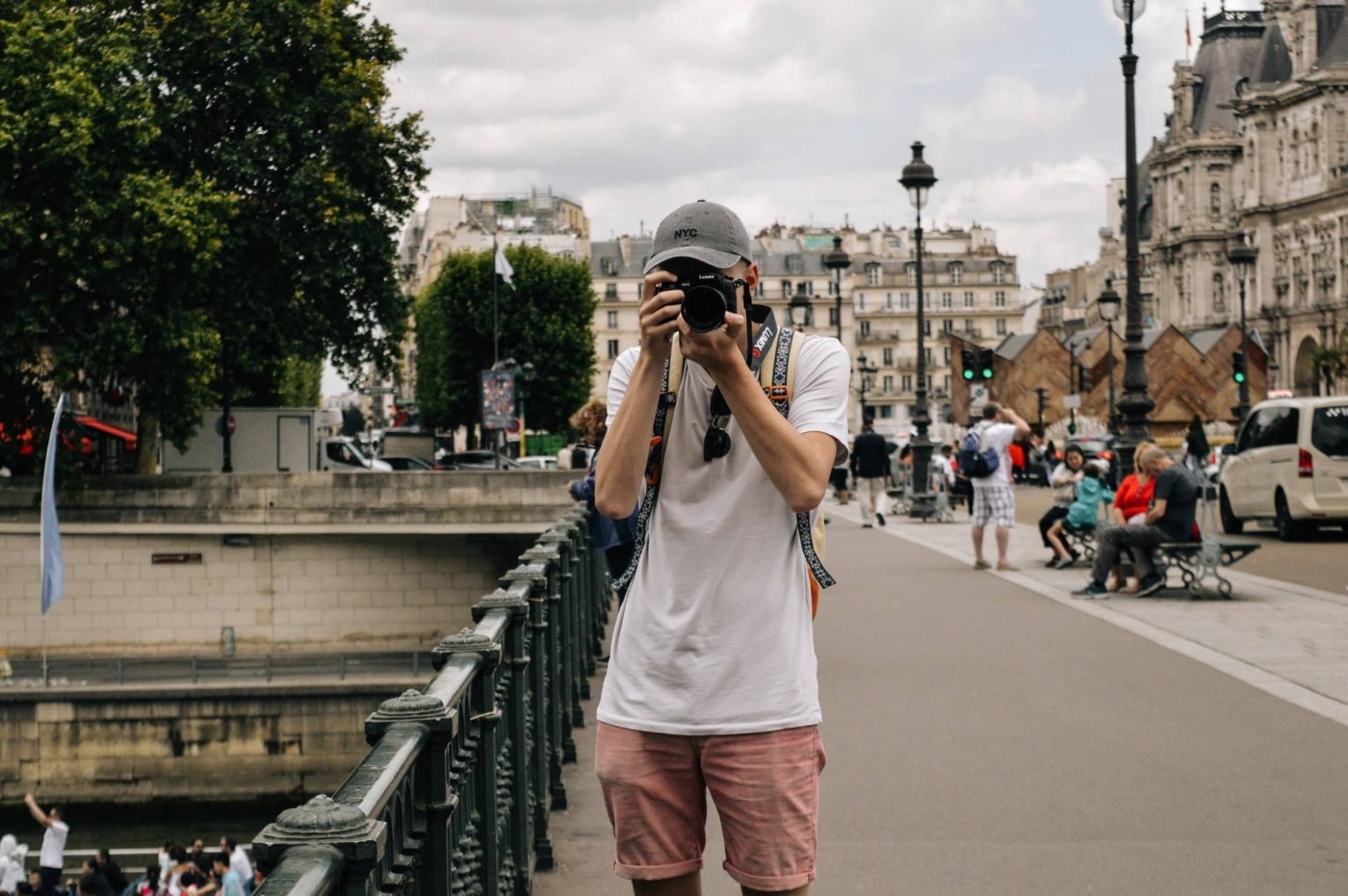Yun Ko-eun’s ‘The Disaster Tourist’ is a much needed escape
Across South Korea, there is an ongoing literary revolution. Radical, exciting and insightful authors are emerging and producing stellar pieces of fiction that relate to our contemporary anxieties concerning modern day life in unique means. Recently published in English, Yun Ko-eun’s debut to English-reading audiences is a surprisingly nostalgic-filled tale of a harassed and unappreciated travel agent in Seoul. She works for an agency that specialises in designing tours appealing to those with a taste for dark tourism. At times a critique on capitalism and at other times a charming reminder of how exciting it can be to escape, perhaps more relevant in our current times, The Disaster Tourist is a warming and revealing story. It not only showcases the potential of the author, but also probes us to question our own habits.
Starting in Seoul, South Korea, Yona is an exhausted travel agent working for the powerful Jungle travel company that offers tours to locations noted for being disaster sites. Having faced sexual harassment from her employer, Yona chooses to speak out. Our protagonist refuses to accept the treatment, capturing the shifting mood in Korean feminist movements as also demonstrated by Cho Nam-joo in Kim Jiyoung, Born 1982. In order to buy her silence, she is offered the chance to craft her own tourist project in Mui, an island off the Vietnamese coast famed for a large sinkhole.
What I really enjoyed about this story is the uncanny significance of it in these current times
Bizarre as it may seem, Yona is keen to be noted for her work and agrees, but disaster soon strikes when Yona loses her travel documents and is essentially forced into staying on the island until she can reclaim them. As she remains, Yona finds herself drawn to Luck, a charmingly helpful local with whom she develops an attraction. All the same, the mysterious presence of the omnipresent Paul organisation highlights the manufactured façade that has been created on the island, and the shocking (yet sadly believable) behaviour of corporates who are all too happy to stomp on others in order to make their own profits.
What I really enjoyed about this story is the uncanny significance of it in these current times. The author is able to make the reader long for the sandy beaches, the exocytic cuisine, the luxury treatment and the leisurely days, but they also remind us that we, as visitors and tourists, are still intruding upon the home of others. It also shows how we can sometimes choose to ignore what is before us and how we may play along with the act because it feels good.
Yona’s innocent attraction to Luck and her interactions with the locals reveal to her that something isn’t right, and as the novel progresses to its climax, the shadowy Paul corporation grows increasingly visible and brazen in its activities. Yona finds herself increasingly powerless and ineffective to prevent their disastrous scheme to revitalise the island. Thus, we find that the individual cannot stand up to the corporation.
I felt a renewed warmth and vigour that made me imagine the future, when it will once again be safe to travel to the exotic locations
I found myself sympathising with Yona and, as I reached the conclusion of the story, I closed with a sense of melancholy for how it ended. I felt a renewed warmth and vigour that made me imagine the future, when it will once again be safe to travel to the exotic locations we see in the pamphlets and our memories. Furthermore, I was left with the grim realisation that Yona had been forced into her fate due to the societal evils of sexism and excessive corporate greed.
The fact our author is able to leave us with such a poignant message whilst also delivering a warming story is a testament to her excellent abilities and writing skills. For sure, Yun Ko-Eun is one to watch, and I envision her as one of the emerging Korean literary champions who will continue to bring about radically crafty stories that challenge the norm.
In a summer where many of us could not leave our homes and go beyond our gardens, this was a much-needed escape, and one I hope to enjoy again.

Comments